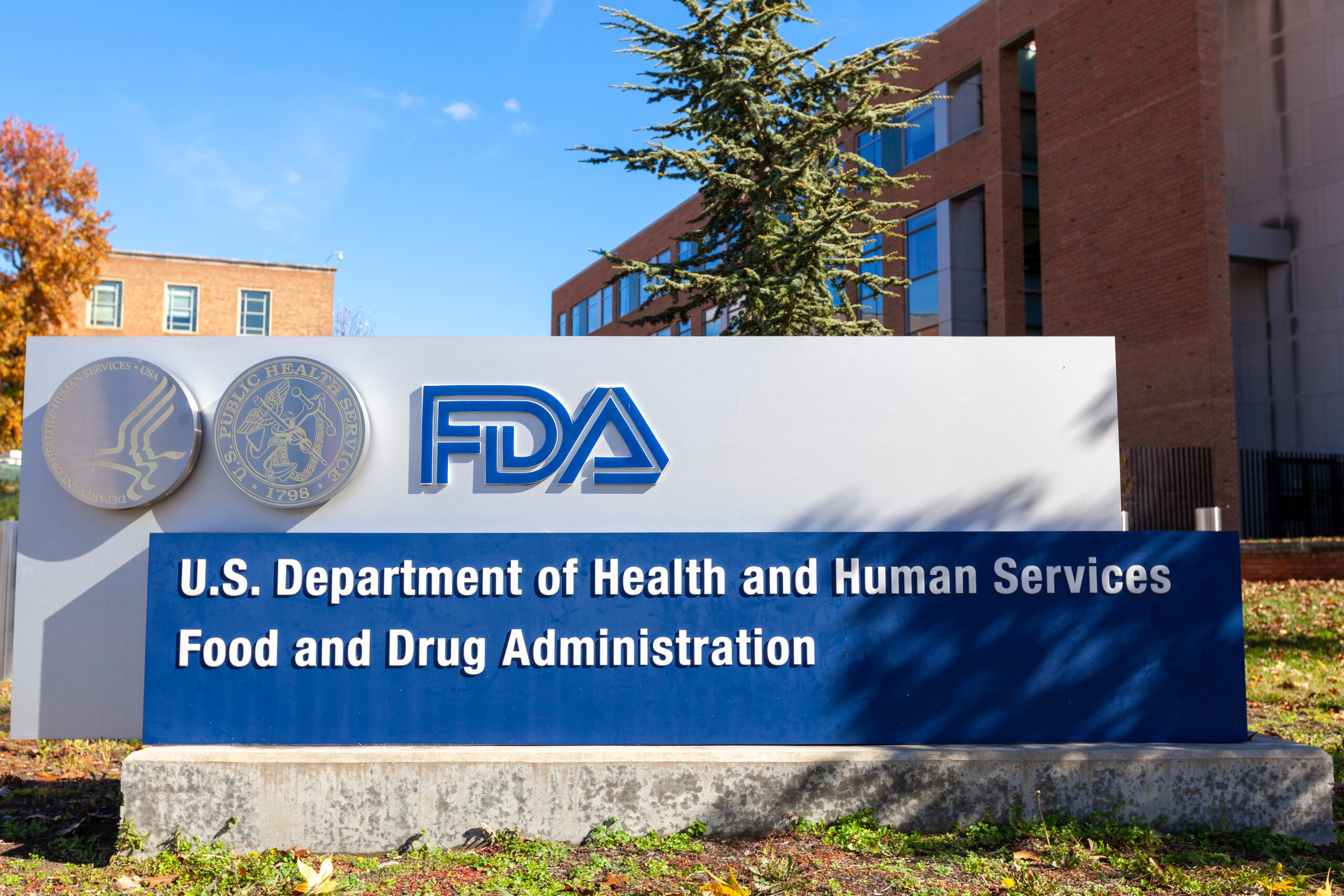One sign of prostate cancer is increased androgen expression, and therefore a common prostate cancer treatment is androgen-deprivation therapy. While androgen-deprivation therapy is effective in many cases, aggressive cancers can become resistant because basal levels of androgen remain circulating in the body, and over time, cancer cells can thrive just on these small levels alone. XTandi is a second tier attack used for prostate cancer that has become resistant to androgen deprivation. It works by preventing receptors from recognizing their androgen ligand. Xtandi has been found to successfully improve survival in metastatic prostate cancer patients.
Xtandi, unfortunately, comes with a price tag upwards of $100,000 a year. This has raised some eyebrows, and pressure is mounting for the right for other drug companies to compete so that prices decrease. The argument is that the R&D of Xtandi was completed at a public university with public funds, and indeed, UCLA created the drug and sold it to Medivation in 2005.
The government denied release of drug rights, keeping Medivation’s monopoly and exclusivity. The position of power that the government’s support would seemingly place Medivation in, has been tenuous. In April, the French pharmaceutical giant Sanofi made a bid of $9.3 billion, although their bid came with a bit of strong-arming and threats to Medivation’s board of directors. This initial offer was the catalyst for Medivation opening up several confidentiality agreements, inviting multiple potential suitors to “get to know” the company prior to making an offer. Several companies, in addition to Sanofi, were also interested, but it was announced last month that Pfizer, with its hefty bid of nearly $14 billion, won the prize. One small Canadian company has even offered the production of the drug for just $3 per tablet down from $88, but has been, so far, unable to obtain NIH approval since the drug is likely to remain widely available. Pending an antitrust review, the Pfizer acquisition is expected to be completed before 2017. So far, there has been no indication that this will result in a price drop.












Join or login to leave a comment
JOIN LOGIN